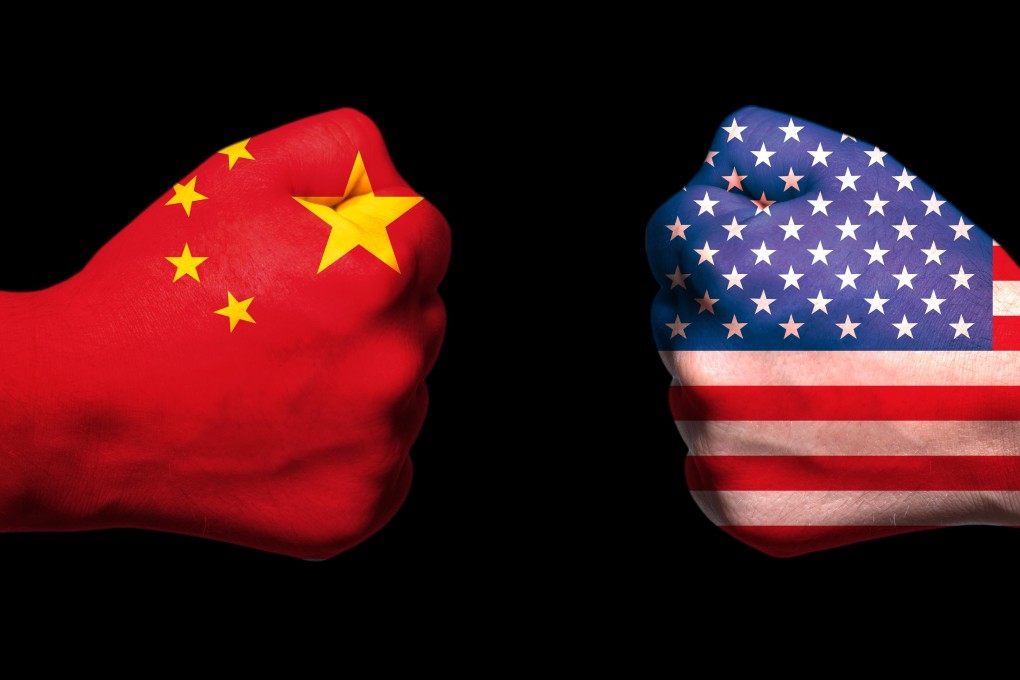US-China trade war negotiators continue to wrestle with how to make deal stick
- How to monitor Beijing’s progress on any promises it makes has been puzzling deal makers in Washington
- Analysts suggest options, but say there is no short-term solution to a long-term conflict between two global powers

Finding a way to ensure China delivers on any promises it makes in reaching a trade deal with the United States has been one of the biggest hurdles for negotiators in Washington and the matter remains unresolved, according to sources familiar with the talks.
For its part, Beijing is adamantly opposed to any mechanism that gives Washington unilateral authority to decide whether it has satisfied its commitments, the sources said.
However, US President Donald Trump has long criticised the World Trade Organisation for failing to hold China to account for not opening up its economy as promised when it joined the group in 2001.
Washington has also accused Beijing of breaking an agreement made in 2015 between Chinese President Xi Jinping and then US president Barack Obama to curb cyberespionage.
Despite their differences, Wang Heng, an associate professor specialising in trade agreements and economic law at the University of New South Wales in Sydney, suggested two mechanisms for dispute resolution that could satisfy both sides.